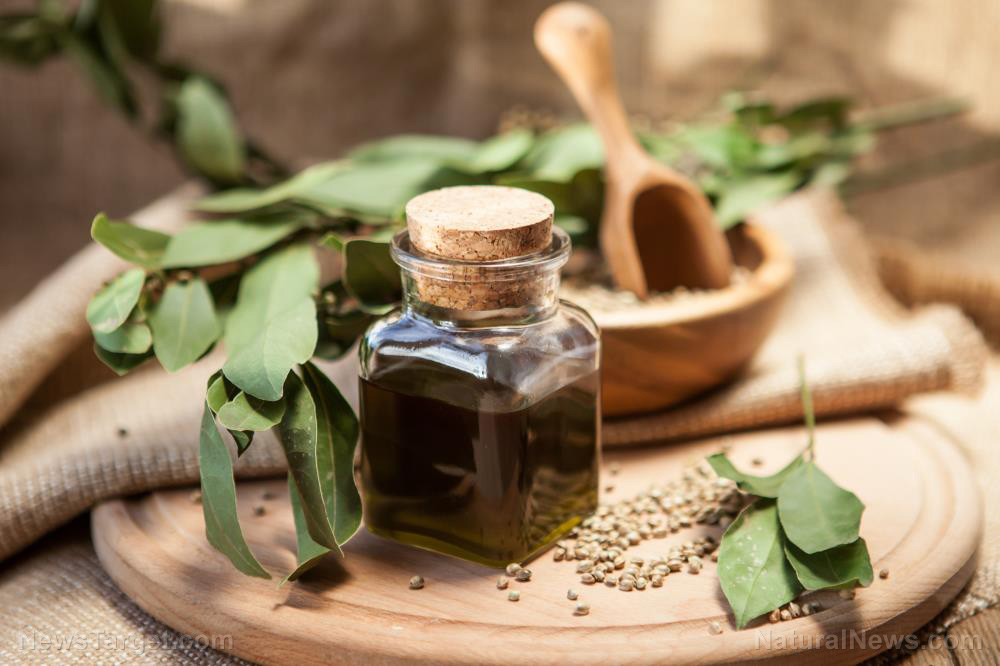
The March 2018 study, published in the European Journal of Internal Medicine, encourages the medical industry to shift their thinking from one of promoting synthetic chemicals to using natural substances to ease various conditions such as chronic pain. The authors of the study noted that medical cannabis significantly reduced chronic pain in the elderly (defined as those aged 65 years and older) without any adverse effects.
Around 3,000 patients, all of whom were above the age of 65, were observed for 33 months. Surveys of these participants indicated that the most common reasons for using cannabis were pain (66.6 percent) and cancer (60.8 percent). Methods of ingestion included vaporizing the herb or cannabis-infused oils.
Authors provided a follow-up questionnaire to the participants after six months. The questionnaire included options to rate any changes in pain intensity and quality of life, as well as any adverse events that were experienced. Around 900 of the original patients replied.
A summary of the findings are listed below:
- 94 percent experienced an overall improvement in their condition and a 50 percent reduction in pain.
- 60 percent said that their quality of life had improved from “bad” or “very bad” to “good” or “very good.”
- 20 percent of the patients said that they had stopped using opioids or had reduced their dose to treat their chronic pain.
It is the last finding that was of particular importance to the research team. Current data show that the number of prescription-related deaths in the U.S. has dramatically increased in the last few years. Of the drugs being abused, a large portion are opioids. The CDC estimates that opioids were involved in around 70 percent of all drug overdose deaths in 2017.
It was concluded that utilizing medical cannabis may decrease the need for – and the subsequent dependency on – opioid painkillers. (Related: Cannabis proven an effective alternative form of pain relief for elderly patients, allowing many to quit taking dangerous meds, research finds.)
The debate rages
Marijuana is still considered to be a Schedule 1 controlled substance with no accepted medical use. Critics of the substance argue that marijuana is a recreational drug that has high abuse potential and a lack of accepted safety. This is further emphasized by popular media who show people who use medical marijuana as “stoneheads” (at best) and criminals (at worst). Still, growing research proves that there are numerous compounds and complex interactions between substances in medical cannabis that fit – and would benefit – the medical industry in the U.S.
The therapeutic value of medical cannabis cannot be overstated. Cannabis is able to treat or alleviate the symptoms of various conditions, including cancer, HIV/AIDS, and epilepsy, with only minimum side effects. Studies prove that most people tolerate the substance well and are less likely to abuse it, or die prematurely because of it.
Some of the more common medical conditions cannabis is prescribed for include:
- Multiple sclerosis -- Research published in the Multiple Sclerosis Journal concludes that cannabis-based medicinal extracts significantly reduced the pain and spasticity associated with this neurological disorder. Patients who took cannabis reported experiencing very few adverse effects, if at all.
- Cancer -- Cannabis cannot cure cancer, but it can reduce the severity of symptoms associated with it. Research show that the active components found in cannabis can reduce cachexia and nausea caused by conventional treatments such as chemotherapy.
- Epilepsy -- Cannabis-based products have been shown to be effective at controlling and even reducing the frequency and severity of epilepsy seizures.
Whatever your opinion about medical cannabis is, it is important to justify your choice through informed thought. Do your own research on the potential health benefits of medical cannabis and don’t just trust what the media tells you to be true.
Sources include:
Please contact us for more information.























